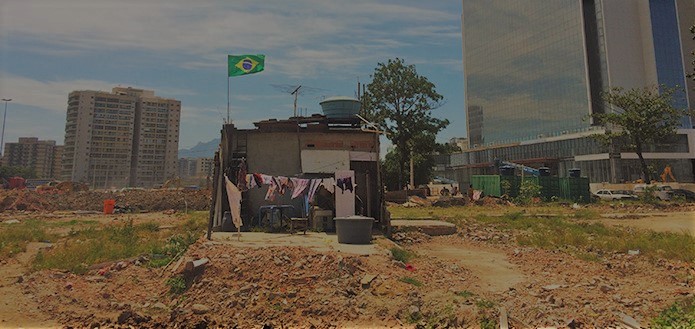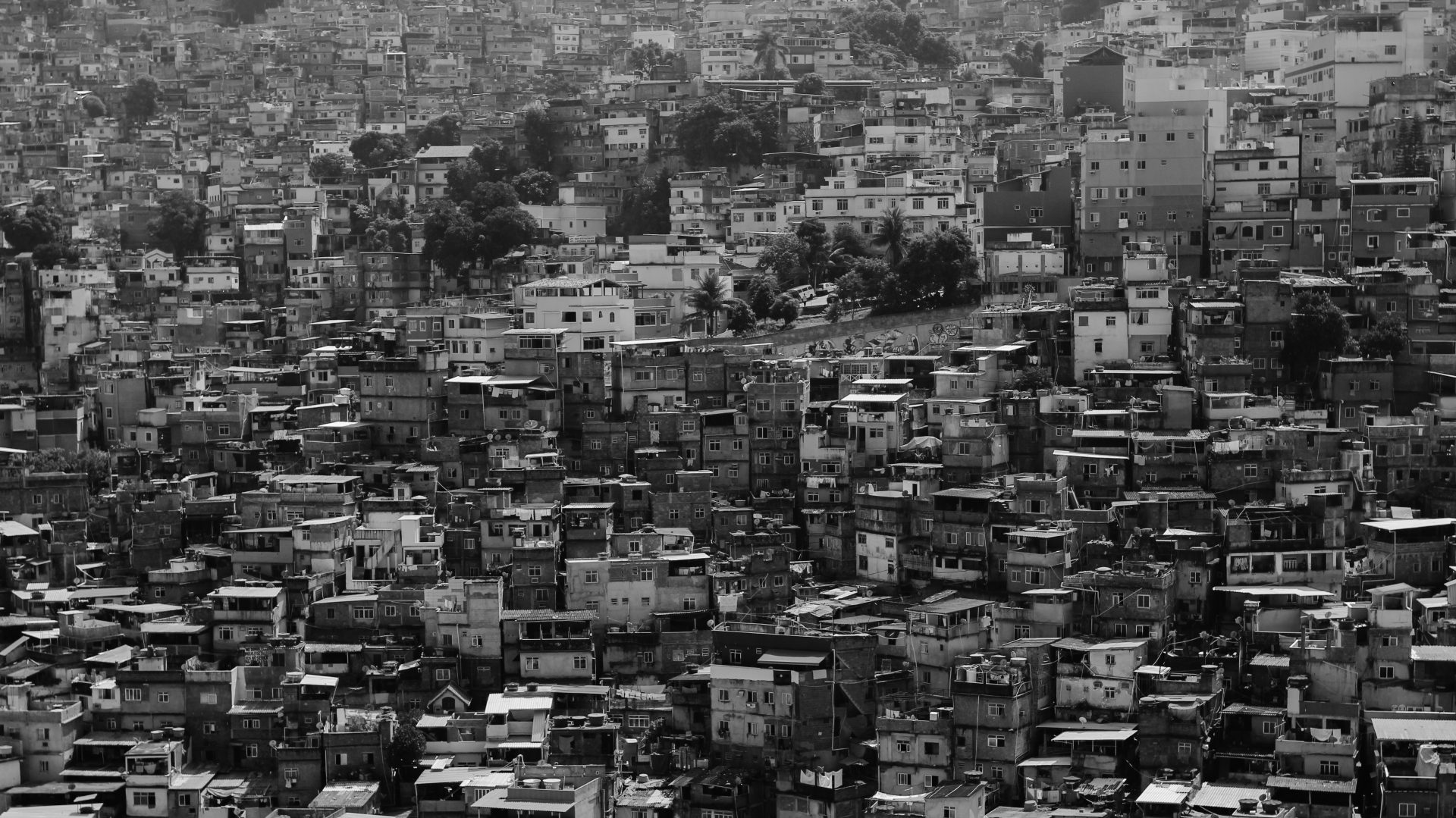
- This event has passed.
The Right to the City – The New Urban Agenda vs observed realities in Latin America
August 17, 2017 @ 8:45 am - 4:30 pm
Free
The seminar is part of the research project “Insurgent Citizenship in Brazil: the role of mega sports events” (RCN-funded, 2015-2019) carried out by NIBR-HiOA in collaboration with Institute for Urban and Regional Research and Planning (IPPUR) at the Federal University of Rio de Janeiro.
Organized by: Norwegian Institute for Urban and Regional Research (NIBR-HiOA). In collaboration with Norwegian Latin America Research Network (NorLARNet) and Habitat Norway.
Venue: the HiOA Conference Centre, Oslo and Akershus University College, Pilestredet 46, 2nd Floor, Room PA 357.
Participation: free of charge
Register: Please please register here.
Program:
- 08:45: Coffee and registration
- 09:00 Opening addresses from Hilde Lorentzen, director, NIBR-HiOA and Benedicte Bull, director of NorLARNet.
- 09:15: Einar Braathen, NIBR-HiOA (15 min): “The Right to the City. theoretical concept, political slogan, policy agenda.. A brief introduction”.
- 09:30: Erik Berg, Habitat Norway (15 min): “Habitat III, the New Urban Agenda and the Right to the City: issues for collaboration between NGOs and academics in the Global South and North”
- 09:45: Key note speech by Carlos Vainer, Federal University of Rio de Janeiro, ETTERN (45 min): “The Struggle for the Right to the City: Rio de Janeiro one year after the Olympics”
- 10:30: Questions and comments.
- 11:00: Christian Schøien, Norwegian Church Aid (30 min): “Two decades of work for the Right to the City of youth in the urban peripheries”.
- 11:30: panel discussion with Vainer, Braathen, Berg and Schøien: What is on The Right to the City agenda? Moderator: Marianne Millstein, NIBR-HiOA,
Lunch break: 12:15-13:00
- 13:00 Celina Myrann Sørbøe, NIBR (30+10 min): “The favela and the right to public security. A report from Rocinha, the largest favela in Rio de Janeiro”.
- 13:40: Trond Heitmann, Østfold University College (30+10 min): “Social rights in the city. Experiences from Brazil”.
- 14:20: Giselle Tanaka, Federal University of Rio de Janeiro (30+10 min): “The right to the city and urban planning in Brazil today”.
- 15:00: Coffee break
15.10: Sveinung Legard, University of Oslo/ AFI-HiOA (30+10 min): “The travel and translation of Participatory Budgeting – from Brazil to Norway”. - 15:50-16:30: Kjetil Klette Bøhler, NOVA-HiOA (30+10 min): “Political protests in the city and the role of music: Cuba, Haiti and Brazil”.
Presentation of the key note speaker
Carlos Vainer is a Full Professor at the Institute of Urban and Regional Planning and Research (IPPUR), Federal University of Rio de Janeiro (UFRJ) and Director of the Research Laboratory State, Labor, Territory and Nature (ETTERN).
He holds a doctoral degree on Social and Economic Development from Université de Paris I, Panthéon/Sorbonne. Three times IPPUR´s Director, he has been President of the Brazilian National Association of Graduate Schools and Research on Urban and Regional Planning (ANPUR). He is a member of the Special Committee on Violations of Human Rights of the Brazilian Commission on Human Rights. He coordinates the Network of Observatories of Urban Conflicts and the Experimental Program on Contested Planning. He has published books and articles on these issues and currently focuses his research on the impacts of large projects and sporting mega-events and diffusion of planning models. Since 2015 he has been a lead partner in the NIBR project “Insurgent Citizenship in Brazil: the role of mega sports events”.
Description of the seminar topic
The seminar deals with the topic of The Right to the City. Henri Lefebvre’s seminal ‘Le droit a la ville’ (1968) inspired urban studies as well as radical urban planning strategies and praxis. The concept became, subsequently, an important foundation also for social movement activism in many cities, particularly in Brazil and other Latin American cities.
The Right to the City is approached differently depending on whether we engage with the term academically, in policy or in everyday lives. Hence, there are two interpretations of the concept in operation: one the one hand, Lefebvre’s utopian claim for a transformation of the existing city based on ‘autogestion’ or a radically decentralized, participatory institutional framework. On the other hand, the more pragmatic claim for social inclusion in the city as it exists – a right to participate in the decisions that produce urban space and the ability of urban dwellers to participate in the decisions concerning the city with the aim of a more inclusive city.
In policy terms, the latter more pragmatic interpretation seems to prevail. The Right to the City is no longer only a slogan for activists and urban social movements, but a principle for global policy institutions and national policy-makers. Brazil has taken the lead in incorporating the Right to the City into national law and made it the basic principle of urban planning. Making inclusive, safe, sustainable and resilient cities is one of the new global sustainable development goals. Equity, social justice and right to the city are key terms in the New Urban Agenda to be adopted at UN’s 3rd Conference on Housing and Sustainable Development – HABITAT III –in Quito, Ecuador, 17-20 October, 2016. The adoption of the term Right to the City by UN agencies and other international actors have linked the concept more explicitly to the international human rights regime. Does this development weaken the original radical ideas of Lefebvre, or does it open up new spaces for urban citizens to make claims upon the state?
These questions have not been adequately addressed in Norway. At the seminar they will be approached from multi-disciplinary angles – political science, sociology, human geography and social anthropology – as well as on the basis of practical experiences of NGOs (Norwegian NGOs and their partners), with particular reference to Latin America and Brazil.
Purpose of the seminar
There are several scholars in Norway working with urban issues related to Latin America, but they are yet to come together and exchange knowledge under a joint topical umbrella such as The Right to the City. Therefore the main purpose is to strengthen this segment of the research community, enhance future collaboration and improve the quality of ongoing research.
Moreover, the knowledge about urban Latin America, the most urbanized continent in the world with more than 80 per cent of the population living in cities, should be improved in Norway. This provides the second purpose of the seminar, to be pursued in in collaboration with Norwegian Latin America Research Network (NorLARNet) and Habitat Norway, sharing the interest of disseminating public information about urban Latin America.
Habitat Norway is a non-governmental organization, established in 1988, with the overall aim to promote the interest and awareness of global urban challenges and settlement issues.
Responsible for the seminar: Einar Braathen (einar.braathen@nibr.hioa.no ), tel. (+47) 92 65 66 96.



